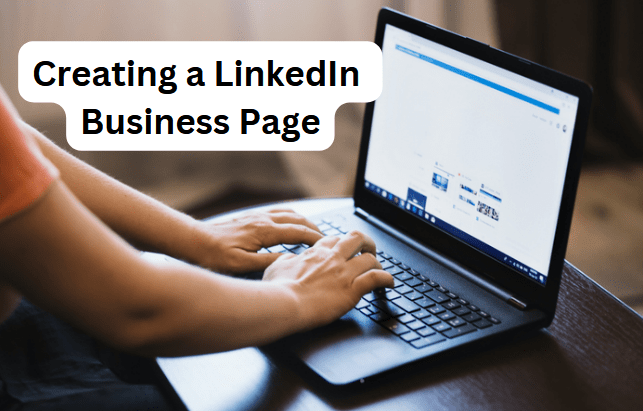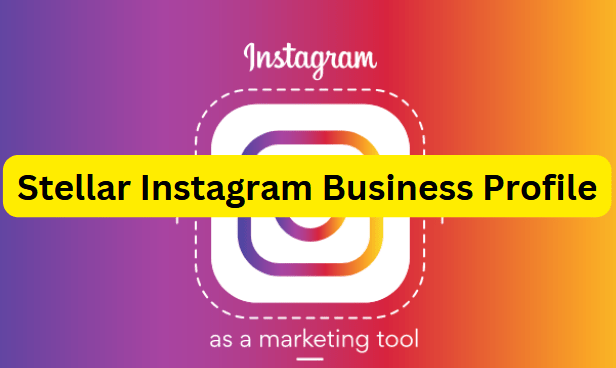Hyperlocal social media marketing refers to the practice of targeting and engaging with a highly localized audience on social media platforms. The term “hyperlocal” emphasizes a very specific geographic area, such as a neighborhood, city block, or a small community. In this post, i have detailed the 7 key aspect of hyperlocal social media strategy for small businesses, the best 6 social networks for it, and the 10 common challenges confronting this marketing strategy.
This approach is designed to connect businesses, organizations, or individuals with people in their immediate vicinity, fostering a sense of community and relevance.
Here are 7 Key Aspects of Hyperlocal Social Media Marketing:
1. Targeting Specific Regions
The primary focus is on precise geographic locations. Advertisers and marketers employ geotargeting functionalities on social media platforms to connect with users within a specified geographic region.
2. Tailored Local Content
Developing content that is highly pertinent to the local community is paramount. This encompasses creating news, events, and promotions that specifically address the interests and requirements of individuals in that particular area.
3. Fostering Community Engagement
Establishing connections with the local audience is a central objective. This involves actively participating in conversations, responding to comments, and displaying genuine interest in the community.
4. Strategic Collaboration with Local Influencers
Partnering with local influencers or individuals who wield a substantial presence within the community can be a highly effective strategy. Their endorsements and recommendations carry significant weight among local audiences.
5. Precision in Localized Advertising
Precision in localized advertising here connotes employing social media advertising features to target specific demographics within a predefined geographic location. This could involve promoting events, offers, or products exclusively to individuals in the immediate vicinity.
6. Encouraging User-Generated Content
Motivating local users to create and share content related to the business or brand. This approach aids in fostering a sense of community and authenticity.
7. Promotion of Local Events
Promotion of local events entails harnessing the power of social media to publicize local events, whether organized by the business or on a community-wide scale. This strategy can substantially boost brand visibility and engagement.
6 Best Platforms for Hyperlocal Social Media Marketing
Selecting the right social media platforms is a critical decision for businesses aiming to effectively connect with their target audience and fulfill their marketing objectives.
For those seeking to establish a strong presence within local communities and drive sales, adopting a hyperlocal social media marketing strategy proves to be a potent approach, particularly when implemented on platforms tailored for such engagement.
The landscape offers a diverse array of platforms, each boasting unique strengths and functionalities. Here are some prominent choices:
1. Facebook
Facebook, with its expansive and diverse user base, serves as a prime avenue for businesses to engage with a substantial number of local customers actively using the platform. The inclusion of robust community features like local groups and events facilitates deeper connections between businesses and local clientele.
Furthermore, the platform’s targeting options, which encompass specific geographic areas and demographics, enable businesses to tailor their content for the most relevant audience. It’s worth noting, however, that certain targeting options may not be available when aiming at a teenage audience.
2. Instagram
Renowned for its visual-centric approach, Instagram stands out as an ideal platform for businesses looking to showcase their products and services in an engaging and visually appealing manner. This is particularly advantageous for industries such as fashion, beauty, food, and hospitality.
Leveraging hashtags and location tags, businesses can effectively target specific geographic areas and audiences. Instagram’s features like Stories and Reels offer businesses opportunities to craft short, interactive content, contributing to enhanced brand awareness and engagement.
3. Twitter
Twitter’s large user base, real-time nature, utilization of hashtags and location tags, advanced search functionalities, advertising platform, and community features collectively position it as a valuable platform for hyperlocal social marketing efforts.
The platform’s attributes make it conducive for businesses to actively engage with local audiences and participate in relevant conversations.
4. LinkedIn
Tailored as a business-focused platform, LinkedIn proves invaluable for businesses seeking to connect with other businesses or professionals within specific industries. The platform’s community features, including groups and events, provide avenues for businesses to forge deeper connections with local professionals and enterprises.
Active participation in local LinkedIn groups and events enables businesses to engage with customers, fostering relationships that can lead to heightened loyalty and increased sales.
4. Nextdoor
Nextdoor serves as a community-centric social platform, fostering discussions among residents about pertinent local matters and sharing recommendations. By establishing a business page on Nextdoor, you can establish a direct connection with the residents in your immediate area.
Utilize this platform to disseminate information about promotions, events, and other valuable details that contribute to the well-being of the local community. Engaging with the neighborhood on Nextdoor can help strengthen your local presence and build lasting relationships with potential customers.
6. Google My Business
Optimizing your Google My Business profile is crucial for ensuring accurate representation, enhanced visibility, and increased trust among potential customers. Provide up-to-date information, captivating photos, and regular updates to maintain an active and dynamic profile. Encourage satisfied customers to leave reviews on your Google My Business page, as positive feedback not only builds credibility but also fosters trust within the local community.
Additionally, leverage Google Posts to share timely updates, upcoming events, and promotions, keeping your audience informed and engaged. This multifaceted approach on Google My Business contributes to a positive online presence and strengthens your connection with the local customer base.
10 Common Challenges of Hyperlocal Social Media Marketing:
Hyperlocal social media marketing refers to the practice of targeting a very specific, localized audience through social media channels. While it can be an effective strategy for businesses that rely on local customers, there are several challenges associated with hyperlocal social media marketing:
1. Limited Reach
Since hyperlocal marketing targets a very specific geographic area, the potential reach is limited compared to broader marketing strategies. This can be a challenge for businesses looking to expand their customer base beyond a small locality.
2. Content Relevance
Creating content that is relevant to a hyperlocal audience can be challenging. It requires a deep understanding of the local culture, preferences, and trends. Generic content may not resonate well with the specific audience you’re targeting.
3. Resource Intensity
Managing hyperlocal social media campaigns can be resource-intensive. It may require a significant amount of time and effort to create and curate content, monitor local trends, and engage with the community on a regular basis.
4. Platform Diversity
Different localities may have varying preferences for social media platforms. Identifying the most effective platforms for a specific area can be challenging, and businesses may need to invest time and resources in multiple platforms to reach their target audience effectively.
5. Competition from Larger Brands
Local businesses often face competition from larger, more established brands with bigger marketing budgets. Standing out in a crowded market can be difficult, and smaller businesses may need to get creative to capture the attention of their local audience.
6. Limited Data Accuracy
Accurate targeting relies on accurate location data. Inaccuracies in location targeting can result in messages being delivered to the wrong audience, leading to wasted resources and ineffective marketing efforts.
7. Community Sensitivity
Local communities may be sensitive to how businesses approach marketing. Overly aggressive or insensitive campaigns can backfire, leading to negative sentiment and potential damage to the brand’s reputation within the local community.
8. Adapting to Local Trends
Local trends and preferences can change rapidly. Staying on top of these changes and adapting marketing strategies accordingly is crucial for success in hyperlocal marketing.
9. Local Regulations and Compliance
Different localities may have specific regulations and compliance requirements for advertising. Businesses must be aware of and adhere to these regulations to avoid legal issues.
10. Measuring ROI
Measuring the return on investment (ROI) for hyperlocal social media marketing can be challenging. The impact of local campaigns may not be immediately evident, and businesses may need to develop specific metrics to gauge the success of their hyperlocal efforts.
Despite these challenges, hyperlocal social media marketing can be highly effective when done correctly. Businesses that invest the time to understand their local audience and tailor their strategies accordingly can build strong connections with the community and drive local business growth. Don’t miss reading these14 best social media marketing strategies for small businesses.
In conclusion, Hyperlocal social media marketing is particularly beneficial for small businesses, local service providers, and organizations that rely on a nearby customer base. It allows for a more personalized and targeted approach compared to broader social media strategies that may not resonate as strongly with individuals in a specific locality.




